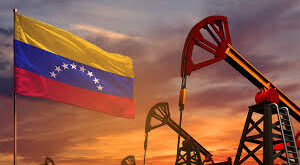OPEC+ producers shouldn’t take actions that would push oil prices up and thus boost inflation when they meet next to decide on their oil production cuts, said Fatih Birol, executive director of the International Energy Agency.
“It’s up to them to decide what they’re going to do, but at this very fragile situation of the global economy, the least that the countries, especially oil-importing developing countries would need is high oil prices, which in turn would push the inflation numbers up,” Birol said in an interview in Paris.
Most oil traders and analysts surveyed by Bloomberg predict that the Organization of Petroleum Exporting Countries and its allies including Russia will extend their output curbs, potentially to the end of the year, when they meet at their Vienna headquarters on June 1. Saudi Arabia and its partners have been keeping roughly 2 million barrels a day offline so far this year to tighten the oil market and prevent a global surplus.
Crude prices soared last month on fears that the conflict in the Middle East could disrupt oil supplies, stirring talk that OPEC+ might revive output to calm the market. Fading war risk in the Middle East, concerns over China’s economy and ample crude supplies from non-OPEC countries such as the US has helped drive oil prices lower.

 Iran Energy News Oil, Gas, Petrochemical and Energy Field Specialized Channel
Iran Energy News Oil, Gas, Petrochemical and Energy Field Specialized Channel



